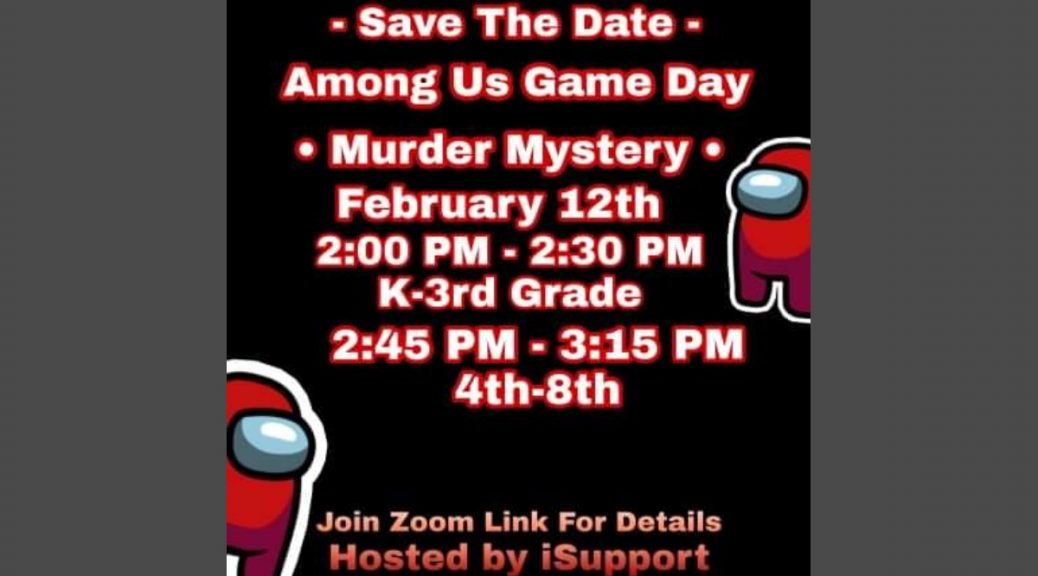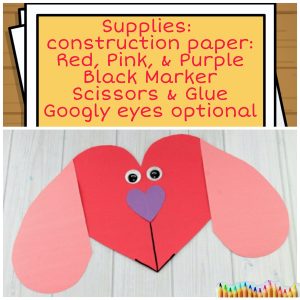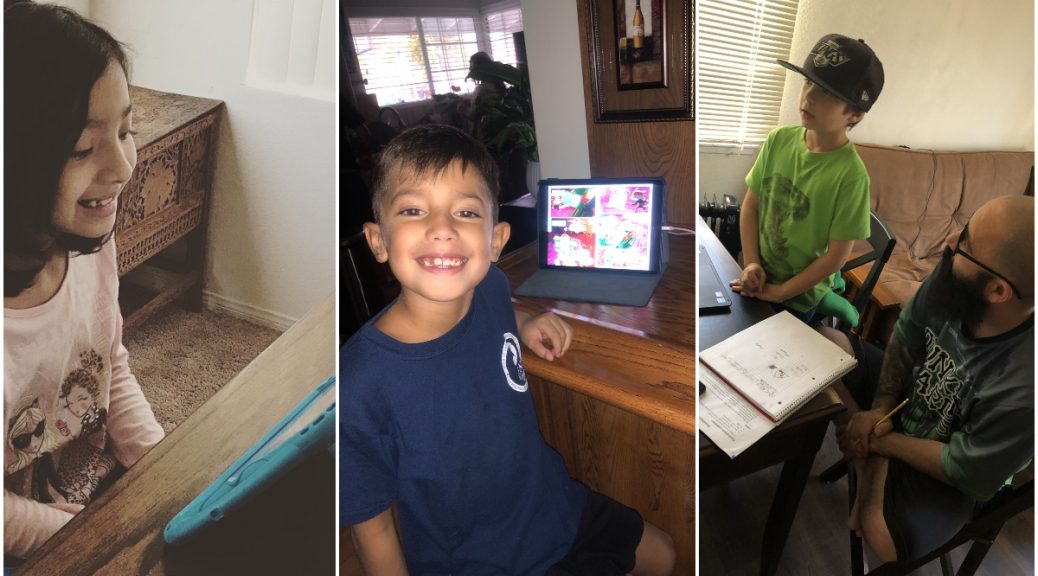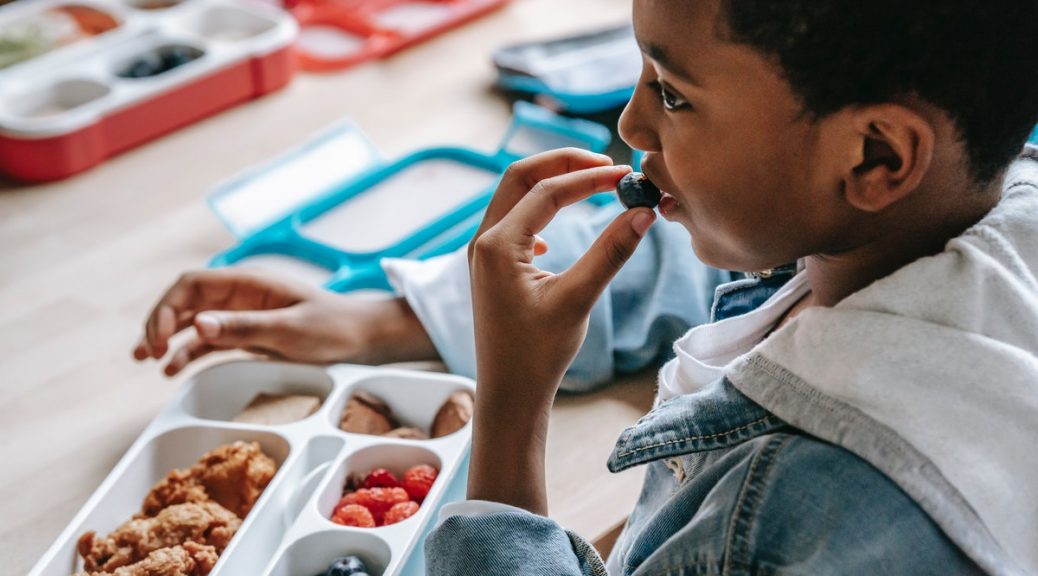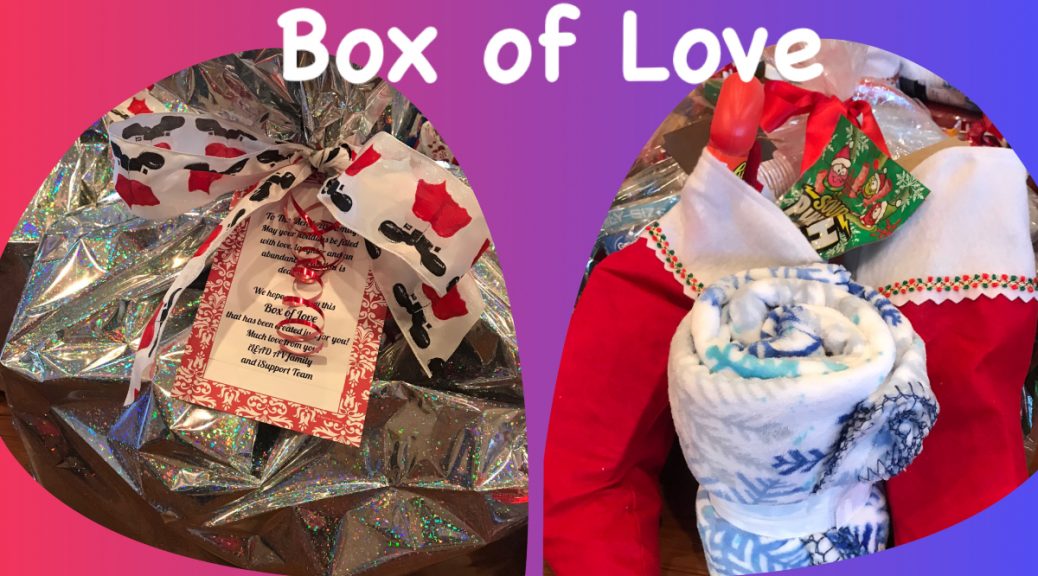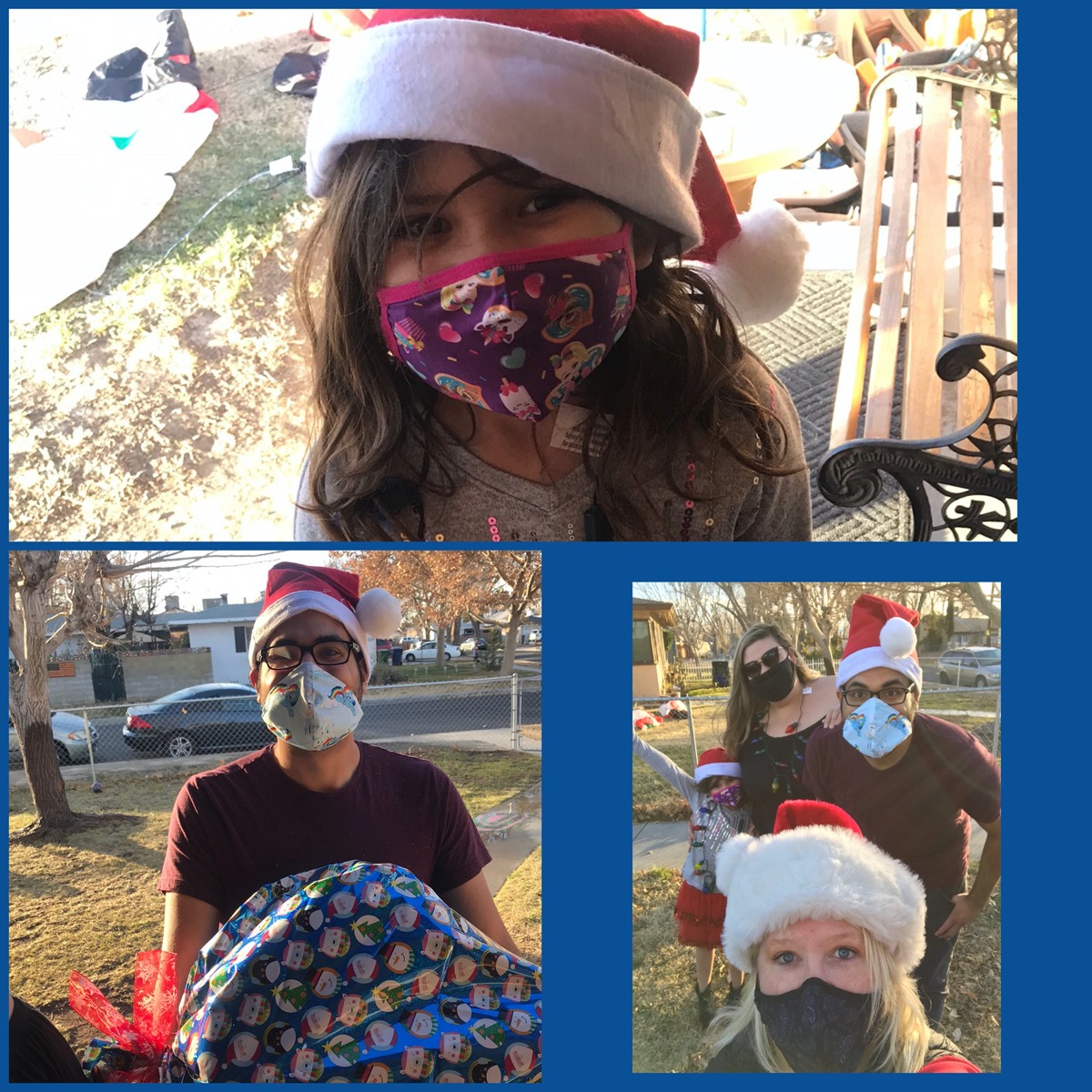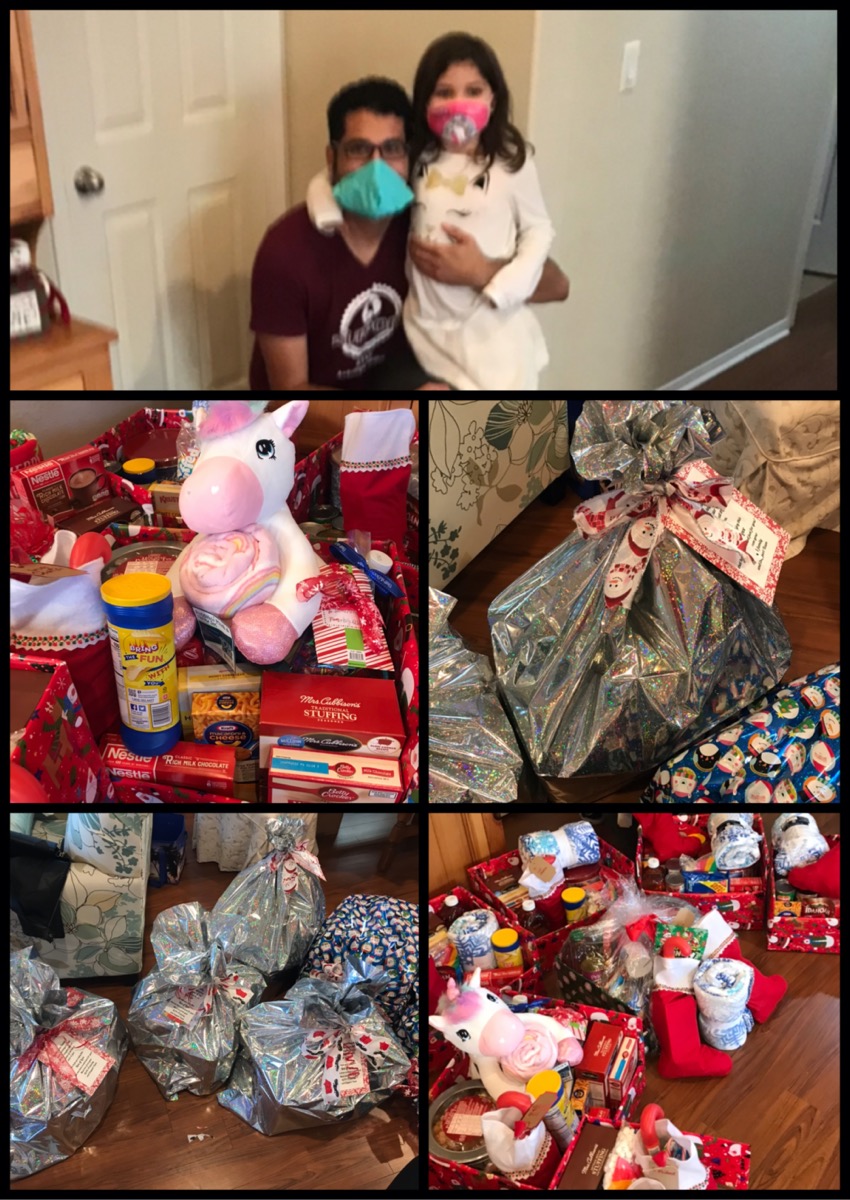By Michael Niehoff
Education Content Coordinator, iLEAD Schools
iLEAD Antelope Valley 3rd grade facilitators Trish Bogna and Trista Baham launched the HEAL (Healthy Eating Active Living) Project this year to educate their learners on nutrition and healthy habits to last a lifetime.
The Why
The idea for the HEAL Project originally came from a grant that Bogna managed while working for the Los Angeles County Department of Public Health. According to Bogna, it was called the Nutrition Education Obesity Prevention grant.
Childhood obesity is just one of the many health concerns facing young people today. According to the Centers for Disease Control, the prevalence of obesity among children and adolescents aged two to 19 years is 18.5 percent, or 13.7 million. Obesity during childhood can harm the body in a variety of ways, including but not limited to cardiovascular disease, type 2 diabetes, asthma, sleep apnea, joint problems, liver disease and mental health issues.
While working with the county, Bogna said, “We found that the Antelope Valley had the highest rate of diabetes, heart disease, asthma, depression and suicide in all of Los Angeles County. So a coworker and I conducted two Community Health Needs Assessments for the entire Antelope Valley to determine where these incidences were happening and what we could do to lower them.”
Based on this experience, as well as increased concerns about COVID-19 for people with underlying health conditions, Bogna wanted to take the opportunity to equip her learners to optimize their health and quality of life.
The Project
The driving question for the HEAL Project is “How can you educate yourselves, your families and others in the community on the health disparities in the Antelope Valley, and how we can improve them?”
According to Bogna and Baham, learners researched and shared pertinent information on causes, prevention and treatment of asthma, diabetes and heart disease while also presenting findings regarding healthy foods and drinks, exercise and mindful meditation. Bogna and Baham said learners were encouraged to share photos and other examples of themselves making healthy food choices.
“The learning has focused on how one cannot have good physical health without good mental health, and vice versa,” Bogna said. “Learners provide a graphic representation of their subject — such as a drawing or illustration they find important.”
Bogna and Baham intended to host a Presentation of Learning in the form of a health fair, where the public could walk from booth to booth and learn directly from the 3rd graders. However, the pandemic required them to pivot to a simulated health fair in which the learners made presentations through PowerPoints and Google Slides.
Learners researched, collaborated and met with experts to gather information and present their final findings. Some key resources included My Plate from the United States Department of Agriculture, as well as KidsHealth in the Classroom.
Partners/Collaborators
iLEAD Antelope Valley facilitators and learners were fortunate to work with Adel Domingo of Antelope Valley Partners for Health, who for the last eight years has advocated for all people living in the Antelope Valley to achieve optimal health and quality of life. Domingo, who served as a resident guest speaker and expert for the 3rd graders’ project, shared his Rethink Your Drink presentation with the learners.
As a public health advocate, Domingo believes that getting to people at a young age is key to developing lifelong habits of health. “Nutrition and lifestyle choices made early on can affect children for the rest of their lives,” Domingo said.
As a health educator, he believes he has a duty to the community to provide the most appropriate and accurate education and information to all in the community and then empower them to make better health decisions.
“It is important for a professional like me to share my expertise with learners because it ensures they receive reliable facts from a reliable source with greater impact,” Domingo said.
Reflections
Bogna and Baham were grateful to see the learners become more aware and participate in work that will educate their families and others as a means of prevention.
“This project is important because education at a young age about these topics could improve the quality of life for many and even save lives,” Bogna said.
Baham added that it’s always beneficial to get learners actively involved in their own learning and expressed gratitude for Ms. Bogna’s leadership in the project. “Interaction with their peers is very helpful in this online environment,” Baham said. “Thank you, Ms. Bogna, for introducing us to the HEAL Project.”
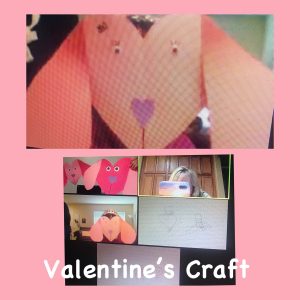 Shoutout to Shannon, our iLEAD AV iSUPPORT president, for hosting our Zoom crafting event and to the learners who joined us! We hope you had a great time crafting and spending time together!
Shoutout to Shannon, our iLEAD AV iSUPPORT president, for hosting our Zoom crafting event and to the learners who joined us! We hope you had a great time crafting and spending time together!

